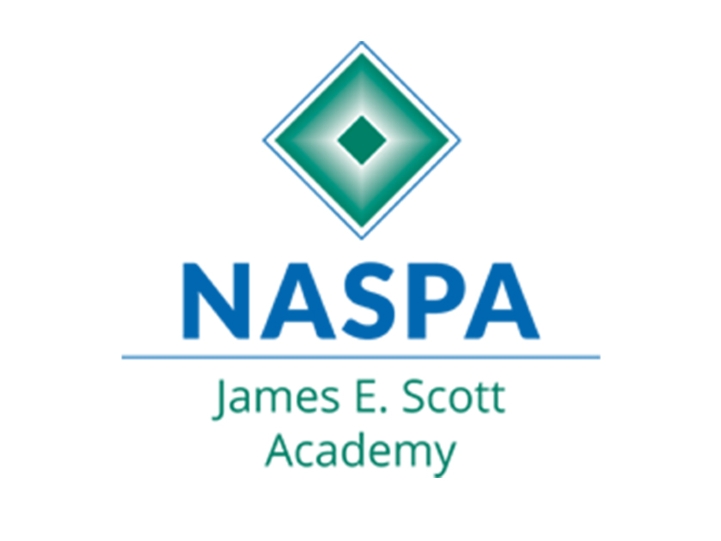
Embracing the Wake Up Call: SApros Modeling Values in Caring for Staff Well-being
Health, Safety, and Well-being Supporting the Profession AVP or "Number Two" Senior Level VP for Student Affairs
January 28, 2022
“We need to do a better job of putting ourselves higher on our to do list." - Michelle Obama
Busy student affairs professionals know the statistics on stress culture, the importance of well-being, and certainly how to prioritize “to get things done.” Regretfully, however, work-life balance often eludes us. Instead, daily life on campus feels like a sprint-turned-5K-turned-marathon-turned triathlon! In the face of such overwhelming stressors, any semblance of work-life balance feels like a fantasy. Perhaps our aspiration might need to shift towards work-life integration. Stephanie Harrison, founder and CEO of The New Happy, defines work-life integration as a “constantly-evolving, self-determined way of living that allows you to engage as your best self in the various parts of your life—like your home, your community, and of course, your work.” To create such an approach is to invite self-reflection and apply the tenets of personal development we espouse to our students.
We are writing this blog post together: Marcella, a current vice president for student life and dean of students at a small liberal arts college, and mom to two young children, 8 and 11 and Carrie, a former VPSA, now full-time leadership coach and mom to a college-aged student. Our paths crossed as a result of the NASPA Institute for New VPSAs in 2016 and have led us to this shared moment and collaboration.
In December 2020, Marcella was co-leading the Emergency Response Team at her institution, and Carrie was launching her coaching practice. Carrie shared the news of her practice via email and Marcella enthusiastically wrote with an affirming note to express her support. That connection has led to a magical year of professional development, growth, and creativity for everyone involved. After discussing the challenges and opportunities that Marcella’s direct reports were facing (including resource limitations, burnout, interim responsibilities, pandemic planning and crisis response), Carrie crafted a plan for affordable and specialized one-on-one coaching. Marcella’s team, like many staff across the country, were experiencing unprecedented strain, and we responded with an opportunity to engage in individualized reflection and development activities. Marcella also co-curated a summer of healing and reflection opportunities for her team including meet-ups for walks, a sound bath session, gentle yoga, crafting in the Maker Space on campus and more. These wellness opportunities were open to everyone in the division and were well-received and appreciated—although not always well attended. The coaching with Carrie, however, was well-received and utilized. In fact, several participants enthusiastically requested an additional 10 more sessions!
Carrie was able to provide a sounding board and thought partner to a dedicated staff. She supported the team members with provocative questions and reflections, creating an environment of trust and vulnerability. Marcella knew that her own vision and priorities were salient for Carrie as she coached the team through a particularly challenging time. This approach supported Marcella’s navigation of multiple roles on campus, and she was able to be a more strategic and thoughtful leader knowing her team’s stress alleviation was in good hands. Carrie’s expertise in the industry allows her to provide context and wisdom from her own student affairs experiences which inspired our synergy.
“I think stress is anything going on in our lives that impinges on our capacity to have optimum well-being,” wrote bell hooks. In focusing on staff development, we facilitated staff constructively caring for their professional well-being. Those who participated in the coaching sessions reported high levels of satisfaction, new tools that reduced stress, feeling more supported as administrators, and also as whole people. By dedicating time and energy to ongoing professional growth, we role model our values. Offering our teams the same type of self-reflection and critical inquiry—the “self” work—that we inspire in our students is crucial to their retention and overall well-being. The time with Carrie has allowed the team to reflect on what they have learned this past year and a half, what they need to feel supported in their work and how to sustain themselves in healthy and balanced ways.
First Lady Michelle Obama got it right. We need to put ourselves higher on our to-do list and access our networks and resources to provide support to ourselves and our teams. The pandemic has given student affairs professionals a wake up call to consider the quality of our lives, who we want to be, and how we want to spend our time. In student affairs work, these meta questions have been baked into our student affairs pedagogy and practice, but typically only for our students. We know our teams, our colleagues, and of course, all of us, deserve our own best thinking about how we can co-create spaces and places that embody the values we hold so closely.
About the Authors
Carrie Lovelace Petr, PhD is a former VPSA and leadership teaching faculty member and the founder of Carrie Lovelace Petr Coaching & Consulting.
Marcella Runell Hall, EdD, is the vice president for student life and dean of students at Mount Holyoke College and a member of the James E. Scott Academy Board.